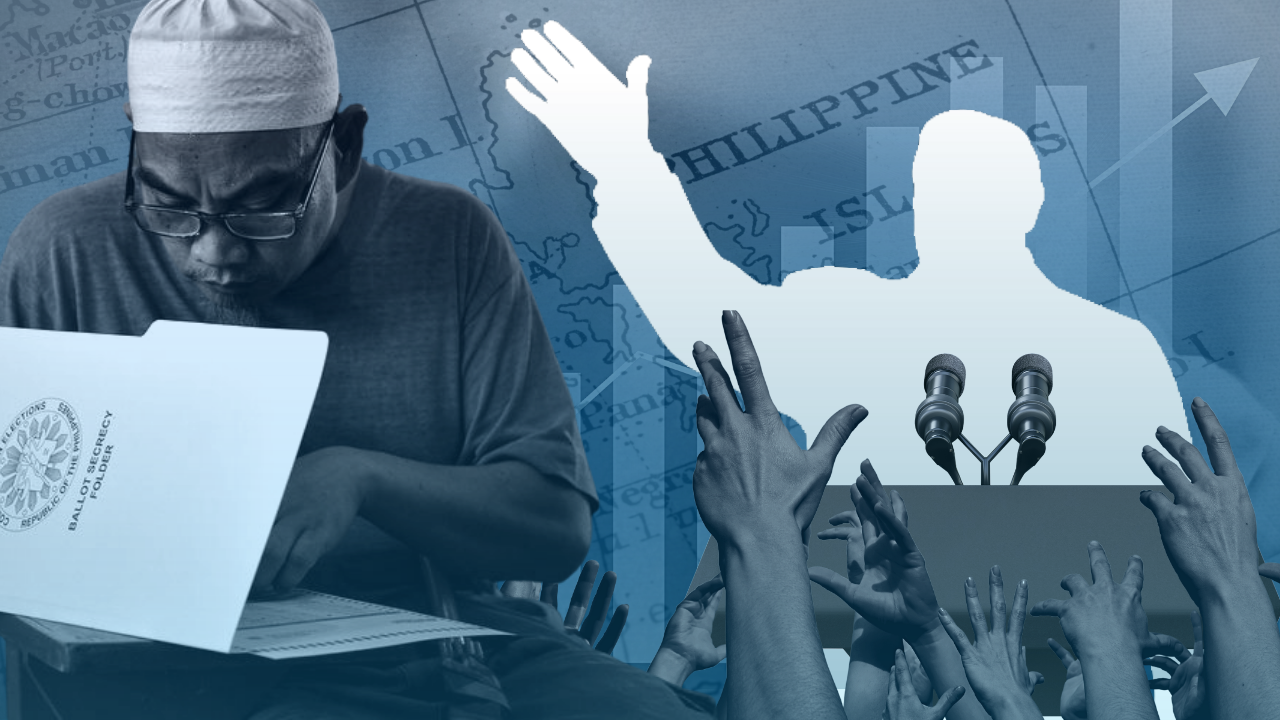MANILA, Philippines — Radical structural, political and electoral reforms are needed to attain good governance from decades of personality-based governance which has been identified as the reason for the corrosion of political institutions in the Philippines, a recent study has suggested.
The study “Lessons and prospects in Philippine political governance: cutting across regimes from Marcos to Duterte,” was presented by its author Dr. Rizal Buendia in an online forum held recently. Buendia is the Philippine Country Expert of the Global V-Dem Institute, University of Gothenburg and a non-resident fellow of the Stratbase Albert del Rosario Institute.
According to Buendia’s study, personalistic governance is behind the corrosion of political institutions in the Philippines.
“Unless radical structural, political and electoral reforms are pursued, we will steer toward decay, with the nation-state isolated as ever from the people it is supposed to serve,” Buendia said.
The study analyzed governance in the country under seven presidents spanning 50 years — from the late dictator Ferdinand Marcos to President Rodrigo Duterte — in terms of transparency and accountability, electoral politics, political party system, political participation, and populist politics.
“Philippine governance has divided national and local government along lines of personal, organizational, and political interests that consequently endangered national unity and nationhood,” Buendia said in his study.
The study reached several conclusions. First of which is that the “lengthy absence or inadequate mechanism and national policies in addressing transparency and accountability has not controlled nor resolved corruption in government.”
The second conclusion reached by the study is that the country’s political institutions have been corroded by personality-based governance.”
Third, the “party system has been weakened by dynastic and clan-based electoral politics and non-principle/ideological based political parties.”
Fourth, political participation has been hijacked by patronage politics and elitism and lastly, that populist politics has threatened and restricted democratic rule.
“We need an enlargement of social and political structures and institutions that encourage the amplification of democratic rule,” he said.
Based on these conclusions, Buendia said the country needs the following; Policies that bolster a transparent and accountable government to address graft and corruption; a mass-based electoral system to reduce and neutralize the power of the elite, the privileged, and the powerful; a resilient multiparty system based on platforms, programs, principles, and ideologies to fortify representative democracy; and the institutionalization of holistic governance to thwart and to impede the fragmentation of society.
Buendia noted that over the decades, populism has been sustained by the continuing failure of governance and corruption, nurtured further by elitism in political systems, problems of peace and order, poverty, injustice and concentration of power in the central government.
He also noted the ability of populist leaders to project themselves as anti-elite, despite the fact that they are very much a part of the economic and political elite.
“They have become adept at associating themselves with the hopes and desires of the poor,” he said.
Buendia explained that only new approaches will solve these “multifaceted” problems that cut across socio-economic and political boundaries.
He proposed the adoption of a multi-party system as an example, which he said will allow the parties to develop their potential and coalesce with others of similar ideology.
“It reinforces the use of proportional representation and prevents the leadership of s single party from controlling the legislature without a challenge.”
Another is the use of online governance, “where integration problems of administrative activities can be solved professionally and administratively rather than politically.”
“Holistic governance promotes an integrated government organization. The integration requires the changing of values, structure in government operation,” he said
Meanwhile, Stratbase ADR Institute president Professor Victor Andres “Dindo” Manhit said that the need for a forward-looking governance outlook will remain whoever wins the elections.
“I would argue that it should be three-pronged, anchored on the collaboration of government, private sector and civil society,” he said. “Institutional government reforms must be future-oriented and strategic,” he continued.
“We need to demand transparency, accountability and integrity in government. We should consider the character and capacity of those wooing our vote,” he added.
The country is set to have its national and local elections on May 9, with 67.4 million registered voters – 65.8 million in the Philippines and 1.6 million abroad.
RELATED STORIES:
High ‘election anxiety’ palpable as polls near
Fraudulent way to victory: Cheating in PH elections
